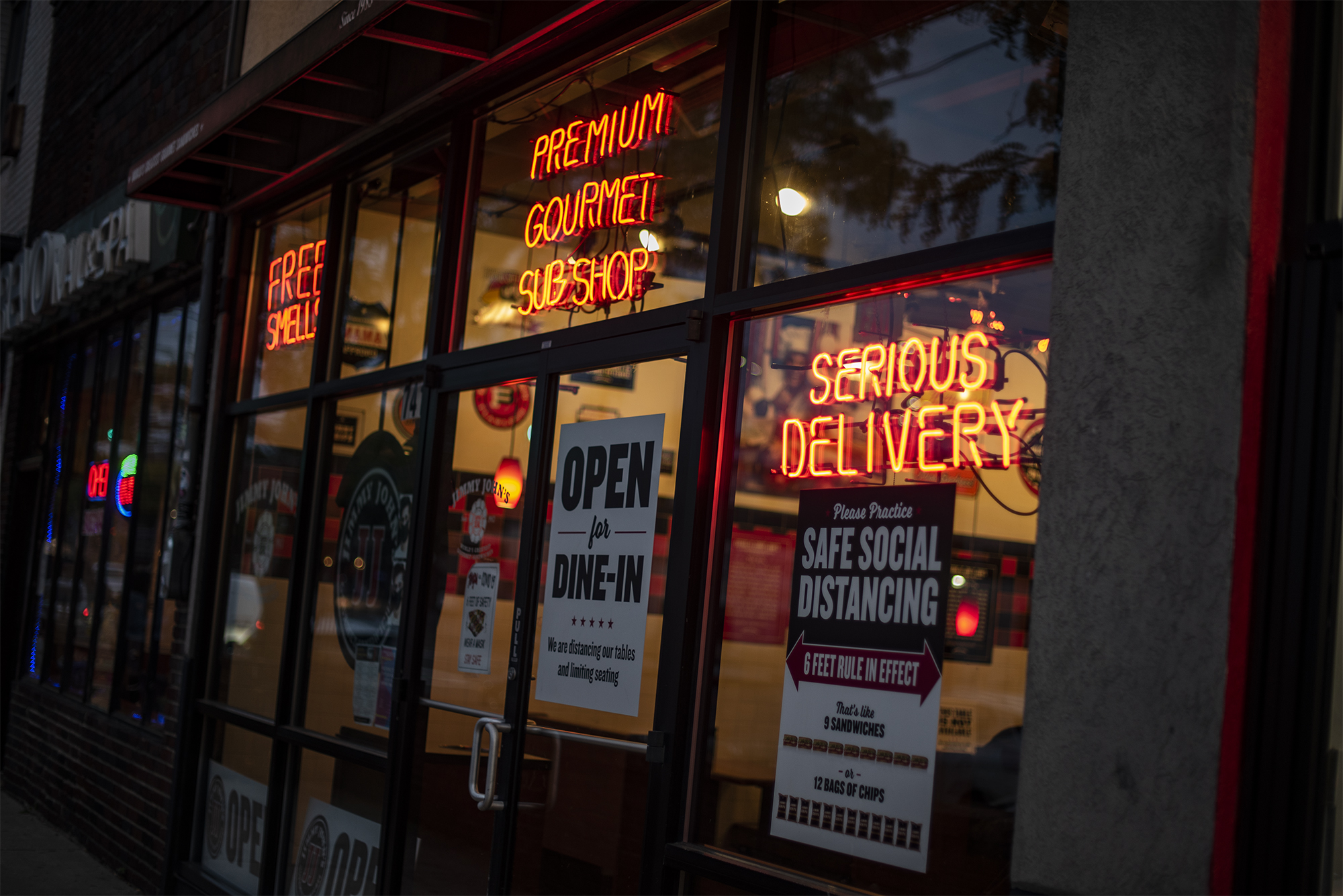Views expressed in opinion columns are the author’s own.
This country’s vaccination program is a mess. I know, because I was able to get the Moderna vaccine about a month ago without being eligible. I work at a restaurant in College Park, and one weekend, someone sent me a link to make a vaccine appointment with the county. I jumped at the chance, breathing a sigh of relief I’d be protected against the idiotic customers who enter the store without properly wearing their mask — if they wear one at all.
Yet, after receiving the fateful jab in my arm, I learned food service workers weren’t actually eligible to receive the coronavirus vaccine in Prince George’s County. I felt a twinge of guilt for unknowingly skipping the line, but do you want to know the truth? I don’t feel bad for getting my vaccine ahead of schedule. Food service workers are exposed to the virus without a second thought by their customers. They should be eligible to get vaccinated now, and the county should be prioritizing this essential group of workers.
I’m lucky enough my food service job is only part time, and not a job I need to sustain myself. However, for so many people — including undocumented immigrants — food service isn’t just a job done for fun: It’s a livelihood.
There are an estimated 31,550 food preparation and service workers in Prince George’s County, making up a little more than nine percent of the county’s total labor pool. Food industry employees interact with customers from all over, every single day, because restaurants have to remain open. As long as restaurants and food businesses serve the public, people have to work. Yet, despite working on the frontlines of this county’s economy reopening, restaurant workers have to wait until at least April to get their vaccinations.
This county is currently in its 1B vaccination phase, focusing on inoculating adults over 75, people in assisted living and other congregate settings, people with developmental disabilities, child care workers, government leadership, teachers and the homeless. There’s no question these groups deserve early vaccine access because of their increased threat of exposure and preexisting conditions.
People working in food service won’t be able to receive their vaccines until the county heads into its second phase, which won’t start until April. That’s a slap in the face to workers who put their health on the line every day to power both the state and county economies. Restaurant workers shouldn’t have to wait for coronavirus protection when they’re already at increased risk levels for the disease.
COVID-19 has found an easy target when it comes to restaurant workers. An obvious reason is mixing with coworkers and interacting with customers comes with the job — it’s impossible to avoid these two dangers. Yet, there’s another aspect of the food industry placing its employees at higher risk of coronavirus cases: Its large undocumented immigrant population.
There’s an estimated 74,000 undocumented immigrants in Prince George’s County (“estimated” is a key word here — no one knows for sure how many undocumented immigrants reside in the county), and approximately 14 percent of those immigrants work in food service, lodging, arts, entertainment and recreation.
As a result of their immigration status, undocumented immigrants haven’t been able to receive any of the federal or state government’s stimulus checks or unemployment benefits from the last round of coronavirus relief. In the upcoming relief bill, the Senate just barely rejected an amendment barring undocumented immigrants from receiving a $1,400 stimulus checks.
Food service is a difficult industry to work in, even without a pandemic. But during a catastrophic global health crisis, it’s even worse. Undocumented immigrants who work in food service aren’t entitled to any of the government assistance their coworkers might be receiving. They may also be less connected to or aware of government resources.
There’s an easy fix to this pressing problem: allow food workers to receive their shots immediately. Restaurant workers should be allowed to register for the current 1B vaccination phase. If that’s not possible, then restaurant workers should be added to Phase 1C immediately.
Even if bumping up restaurant workers isn’t feasible, Prince George’s can work on conveying accurate information about the vaccine to undocumented immigrants and ensure people know where and how they can get vaccinated. If the county had enough vaccinations for me to mistakenly be inoculated, it can allocate doses to food workers. There’s no equity or economic agency if this county doesn’t show it values the very workers who power it.
Maya Rosenberg is a junior journalism and public policy major. She can be reached at maya.b.rosenberg@gmail.com.



